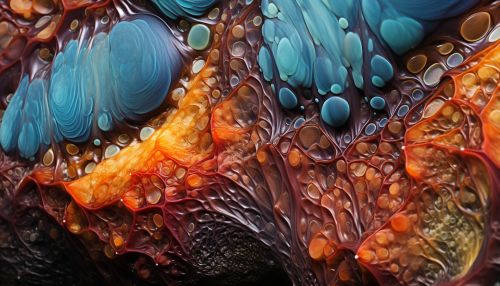Psychrophile
Introduction
A psychrophile is an organism that thrives in extremely cold environments, typically in temperatures ranging from -20°C to +10°C. These organisms are found in various parts of the world, including the Arctic and Antarctica, deep ocean waters, and high-altitude environments. Psychrophiles are a type of extremophile, organisms that can survive and thrive in conditions that are inhospitable to most forms of life.


Classification and Characteristics
Psychrophiles can be classified into various categories based on their cellular structure and metabolic processes. They can be bacteria, archaea, fungi, or even algae. Some psychrophiles are microorganisms that are unicellular, while others are multicellular.
Psychrophiles have unique characteristics that enable them to survive in cold environments. They have specialized enzymes that can function at low temperatures, and their cell membranes contain unsaturated fatty acids that remain fluid in cold conditions. Some psychrophiles also produce antifreeze proteins to prevent ice formation within their cells.
Adaptations
Psychrophiles have developed several adaptations to survive in extreme cold. One of the key adaptations is the production of cold-active enzymes. These enzymes have a higher catalytic efficiency at low temperatures compared to their mesophilic counterparts.
Another adaptation is the alteration of their cell membrane composition. The cell membranes of psychrophiles are rich in unsaturated fatty acids, which prevent the membrane from freezing and maintain its fluidity at low temperatures.
Some psychrophiles also produce antifreeze proteins that bind to ice crystals and inhibit their growth, thereby preventing the cells from freezing.
Ecological Role
Psychrophiles play a crucial role in the ecology of cold environments. They contribute to the nutrient cycle by decomposing organic matter and releasing nutrients back into the environment. They also play a role in biogeochemical cycles, participating in processes such as nitrogen fixation and carbon cycling.
Applications
Psychrophiles have several potential applications in biotechnology. Their cold-active enzymes can be used in various industrial processes that require low temperatures, such as food processing, detergents, and biofuel production.
Furthermore, the study of psychrophiles can provide insights into the possibility of life on other planets with cold environments, contributing to the field of astrobiology.
